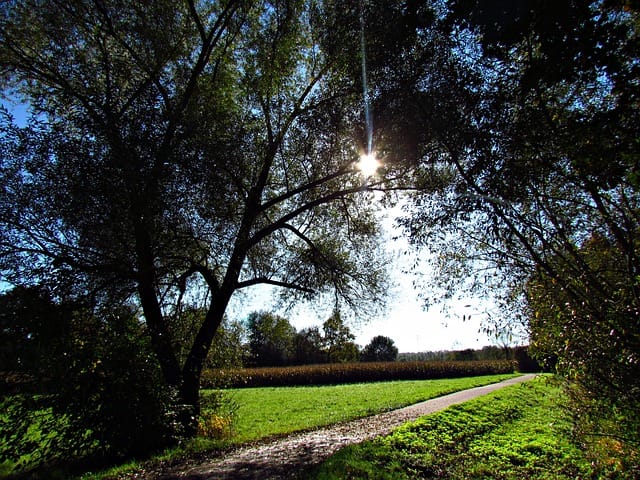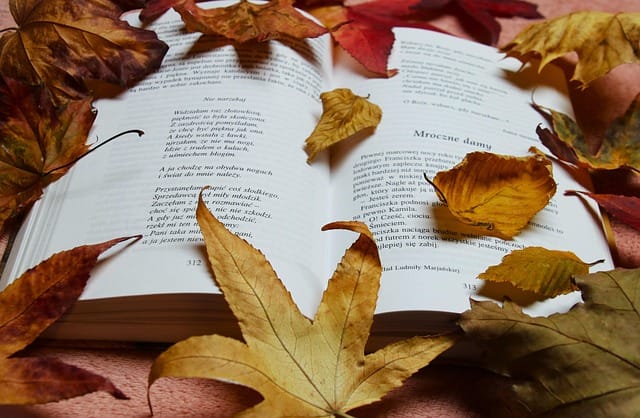Self-help literature has focused a lot of “triggers”. There are workbooks and worksheets that help us identify what triggers us so that we can regulate our emotions and our behaviors. However, recently the concept of ‘glimmers’ has been illuminated. While it may be useful to watch out for what works you up, it is also meaningful to look out for those little sparks that fill your days with peace, love, contentment and wonder.
Glimmers are indeed those little sparks or beams of happiness, moments of light, that ‘spark joy’ to put it in a simple phrase. Deb Dana coined the term in the book “The Polyvagal Theory in Therapy”.
It’s neural you see
To understand how triggers and glimmers work, one needs to briefly look into the workings of the nervous system. On a more physiological level, when we encounter ‘triggers’, they indicate something that signals danger. We enter the flight and flight mode, and it spirals the nervous system into ‘protecting’ the self. This urges us to shut down, or get worked up and defensive. Physically one may notice that the heart beats faster, breathing becomes heavier and one just does not feel good. One may be angry and upset, or just hyper-aroused in general.
However, when we encounter glimmers, they help cue our nervous system to feel safe or calm by activating the ventral vagal nervous system. They enhance regulation of the autonomic nervous system. We become open and more relaxed. Breathing is calmer and there is a sense of peace and grounding. For a more detailed understanding of the polyvagal theory, you may watch this video.
Find them and use them
Now that we know glimmers impact our nervous system and thereby our moods and behaviors, how do we go about finding them? One of the simplest ways to experience them is mindfully, though the senses. Sit in a quiet place for a few moments and mindfully tune into your thoughts. Think of a moment when you felt safe and connected to life, to yourself and to others around. Or, think of some person with whom, and around whom you feel grounded. Think of little moments in your daily routine where you get peace and feel at rest. All these moments or experiences can be a part of your very own resource base of glimmers.
Count your glimmers
Count your glimmers, and name them one by one! These are indeed blessings in disguise. Once you identify the little objects or moments that give you joy, it could be useful to make a note of them and consciously seek them. Your very own menu of glimmers may just be a great idea! It could be little moments that bring you happiness- watching the sunset, sipping your tea before the day starts, hugging your pet, getting in touch with nature, the fragrance of fresh flowers in your room, a specific perfume, playing with your children, going out for a walk with an empathic friend, finding some me-time to journal and so on.
Glimmer-trigger balance
Identifying glimmers is just the first step. To make them work for you, the glimmer balance has to be more than the trigger balance. In other words, you need to consciously seek out and experience more glimmers. This may sound simple, but for all practical purposes, the human brain is wired to look for danger. Thus, one may be oblivious to the obvious benefits of being attuned to glimmers.
Be mindful of the sense of calm that your body experiences when you encounter glimmers (such as sitting on a garden bench with closed eyes listening to the birds). This will automatically also attune you to how different you feel when you encounter triggers in your daily life (such as a comment by a friend that immediately puts you off and makes you want to argue and retort back). Once you sense the difference in how you feel in the body on experiencing glimmers versus triggers, you’ll be motivated to seek out glimmers and make them a part of your arsenal in dealing with life!
The term ‘glimmers’ may be new, but the concept has been around for quite some time. As I think of an apt phrase to end this article, a classic song pops to mind.
When the dog bites,
When the bees sting
When I’m feeling sad..
I simply remember my favourite things
And then I don’t feel so bad!!





